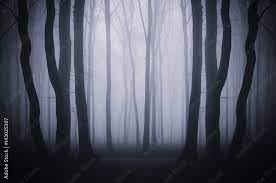Bear & Cub Ch 3: To Choose the Tempest
Or the time our heroes' made the wrong choice
The fluttering wind swept through the whole of the land, along the mountains and down into the valleys and fields which covered much of the land from which Hroðgar had sprung. These fields were ordinarily green as an emerald, and that had in recent days turned yellow and orange, with the gathered leaves that had fallen from the nearby trees that dotted …



